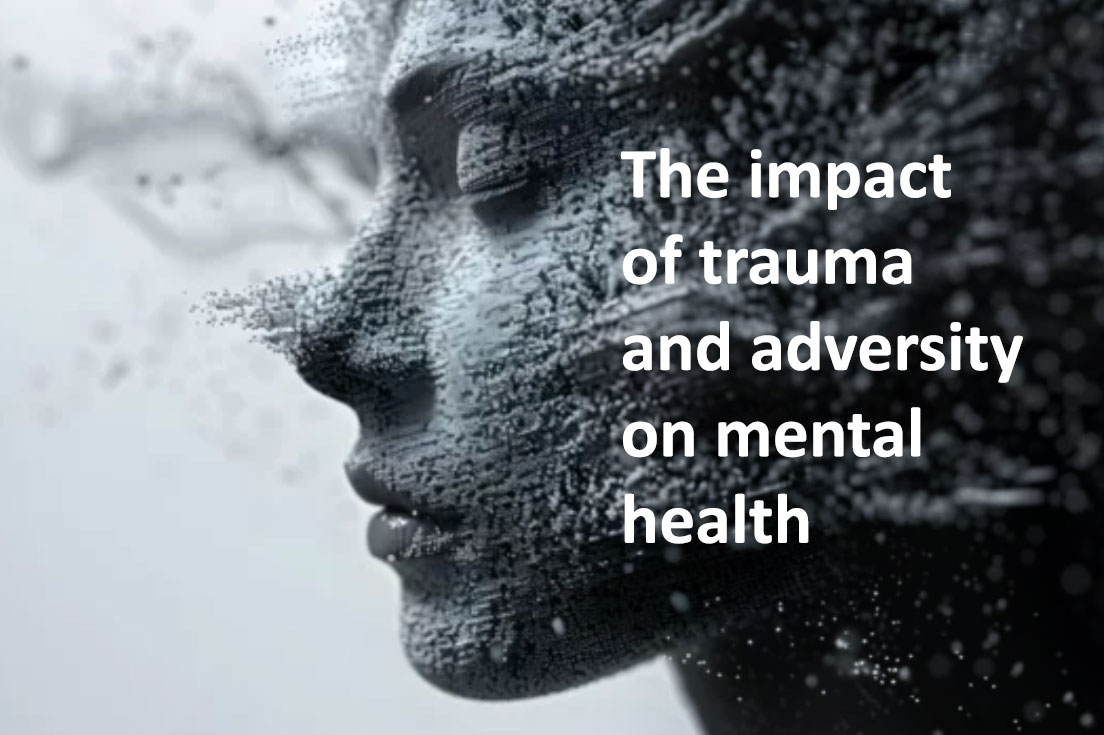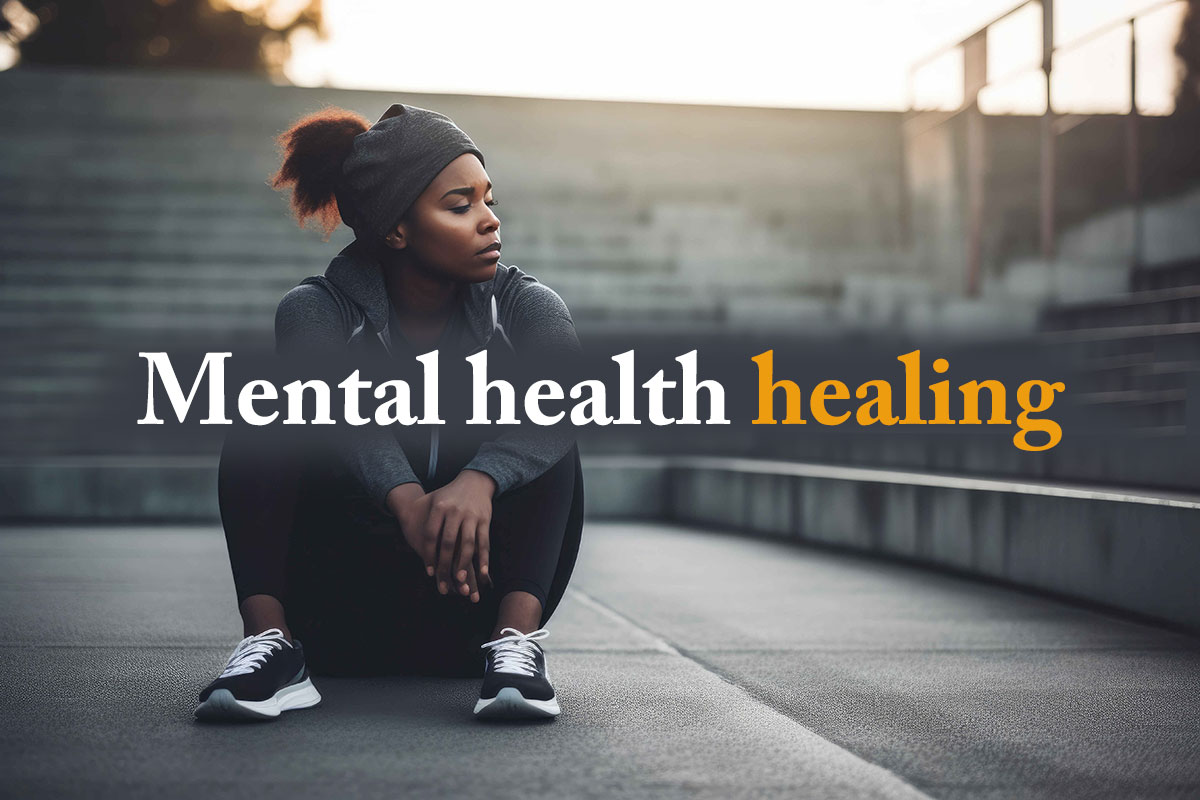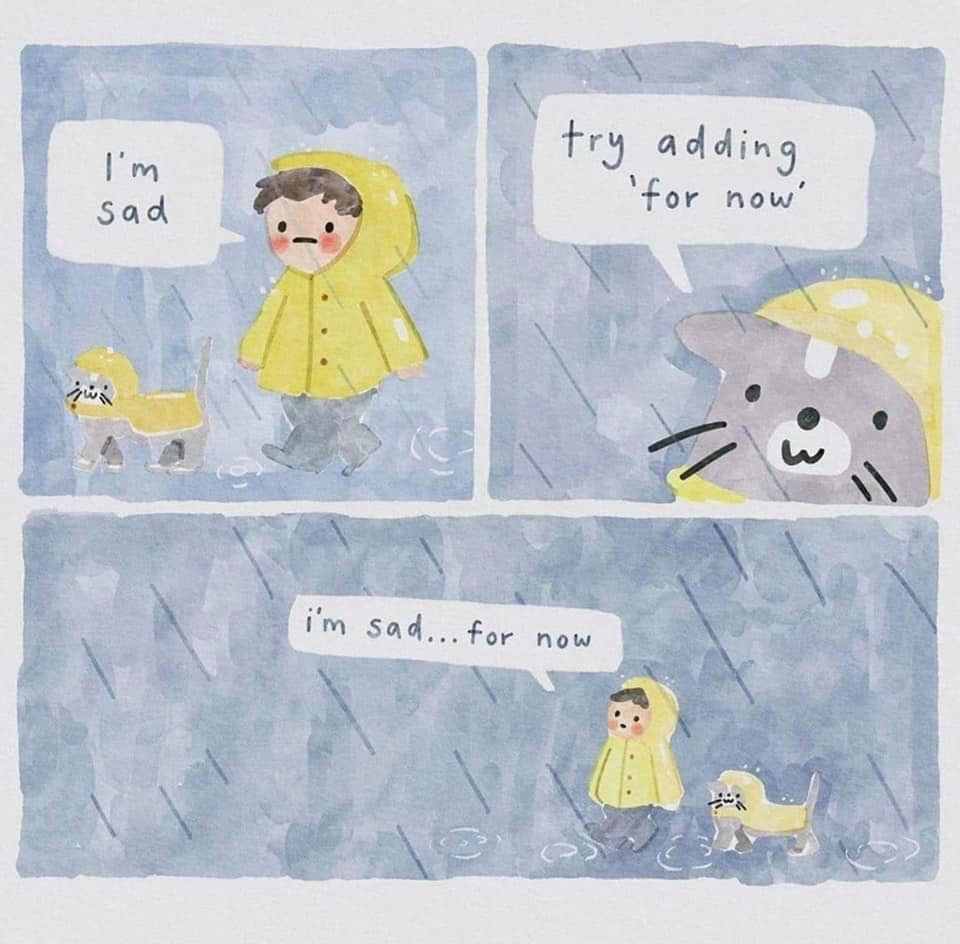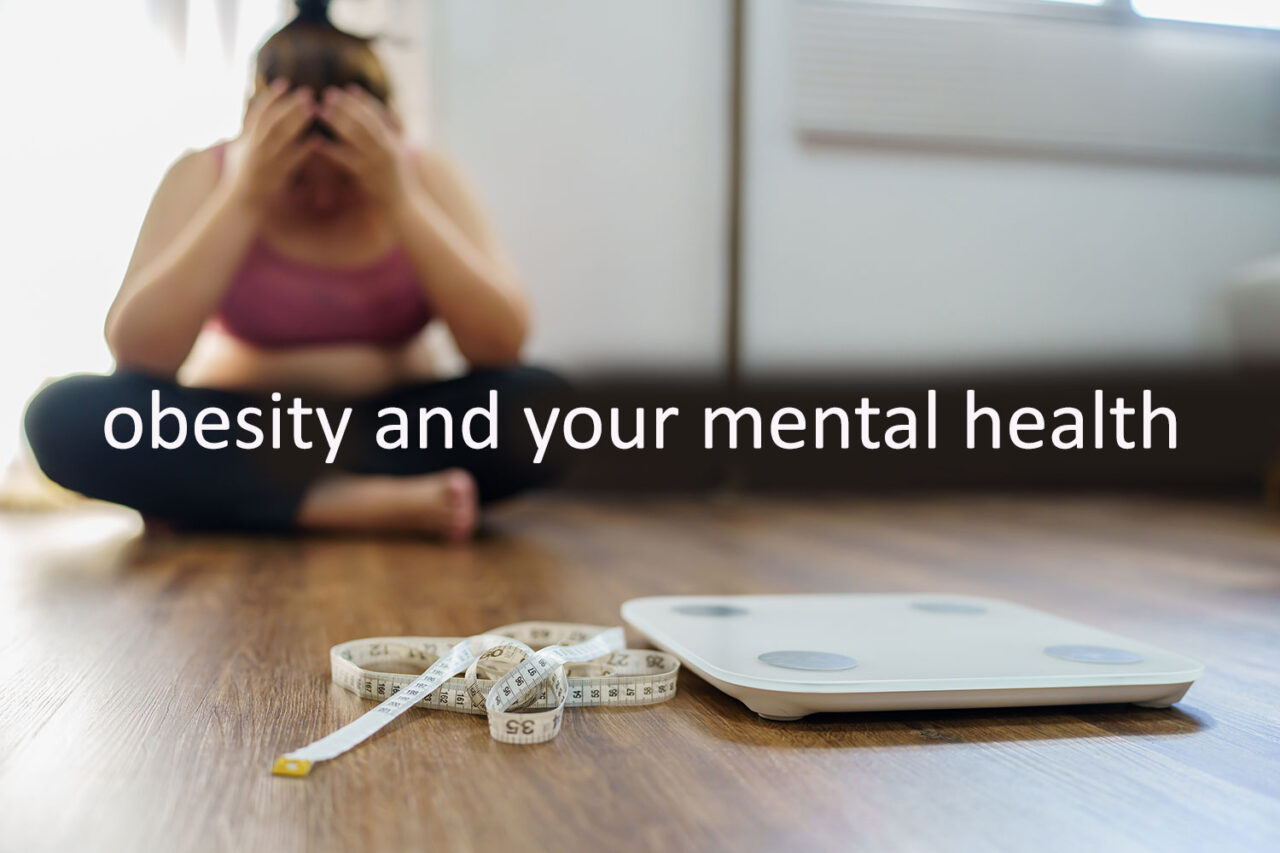Trauma and adversity can have profound and long-lasting effects on mental health. The impact can vary depending on factors such as the nature, severity, and duration of the trauma, as well as the individual’s resilience and support systems.
- Post-Traumatic Stress Disorder (PTSD): Exposure to traumatic events such as physical or sexual abuse, natural disasters, or combat can lead to PTSD. Symptoms may include flashbacks, nightmares, severe anxiety, and avoidance of reminders of the trauma.
- Depression and Anxiety Disorders: Trauma can significantly increase the risk of developing depression and various anxiety disorders. Chronic stress from adverse experiences can dysregulate the brain’s stress response systems, leading to persistent feelings of sadness, hopelessness, and fear.
- Substance Abuse: Many individuals turn to drugs or alcohol as a way to cope with the distress caused by trauma. Substance abuse can develop as a maladaptive coping mechanism and can exacerbate existing mental health issues.
- Attachment Disorders: Early childhood trauma, such as neglect or abuse, can disrupt the formation of secure attachments with caregivers. This can lead to attachment disorders characterized by difficulty forming and maintaining healthy relationships, trust issues, and emotional dysregulation.
- Dissociative Disorders: Severe trauma, particularly in childhood, can lead to dissociative disorders such as dissociative identity disorder (DID) or depersonalization/derealization disorder. These disorders involve disruptions in consciousness, memory, identity, and perception of reality as a way to cope with overwhelming experiences.
- Self-Harm and Suicidal Behavior: Trauma survivors may engage in self-destructive behaviors such as self-harm or have thoughts of suicide as a way to cope with emotional pain or feelings of worthlessness.
- Chronic Health Conditions: Trauma and chronic stress have been linked to an increased risk of developing physical health conditions such as cardiovascular disease, autoimmune disorders, and chronic pain syndromes.
- Cognitive Impairments: Trauma can impact cognitive functioning, including memory, attention, and executive functioning. This can manifest as difficulties in concentration, decision-making, and problem-solving.
- Emotional Dysregulation: Trauma survivors may experience difficulty regulating their emotions, leading to mood swings, impulsivity, and intense emotional reactions to triggers or stressors.
It’s important to note that while trauma can have profound negative effects on mental health, individuals can also demonstrate resilience and recovery through appropriate support, therapy, and coping strategies. Early intervention and access to trauma-informed care are crucial in addressing the mental health needs of trauma survivors.
If you need help or want to talk to a professional about a trauma or adversity you are experiencing: APPOINTMENTS











